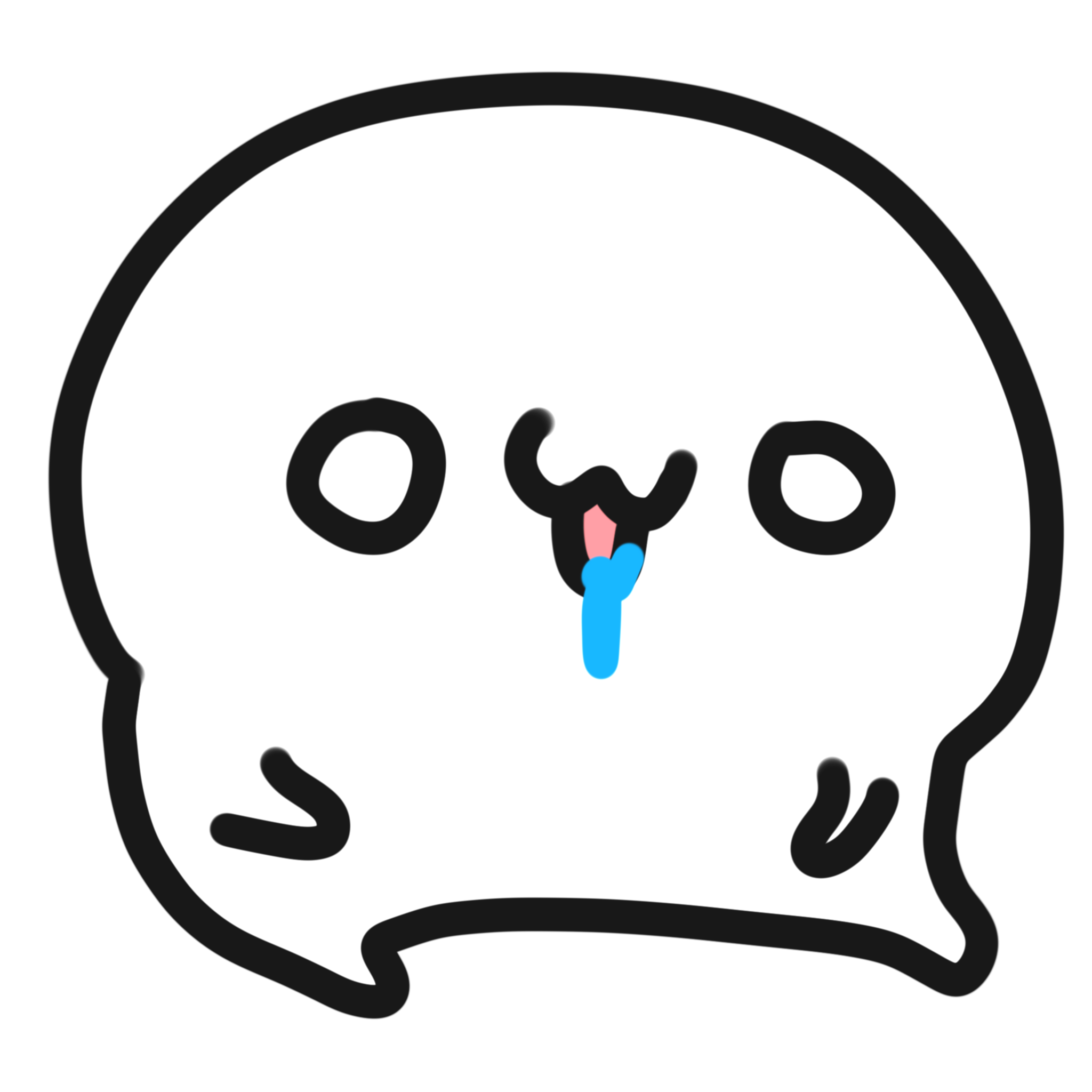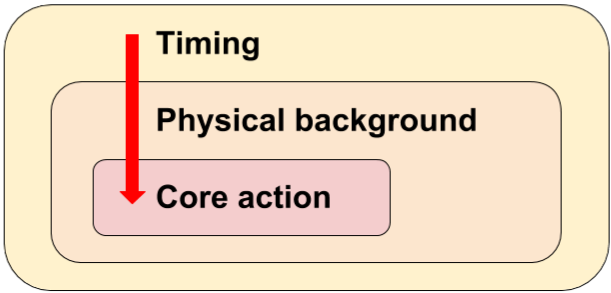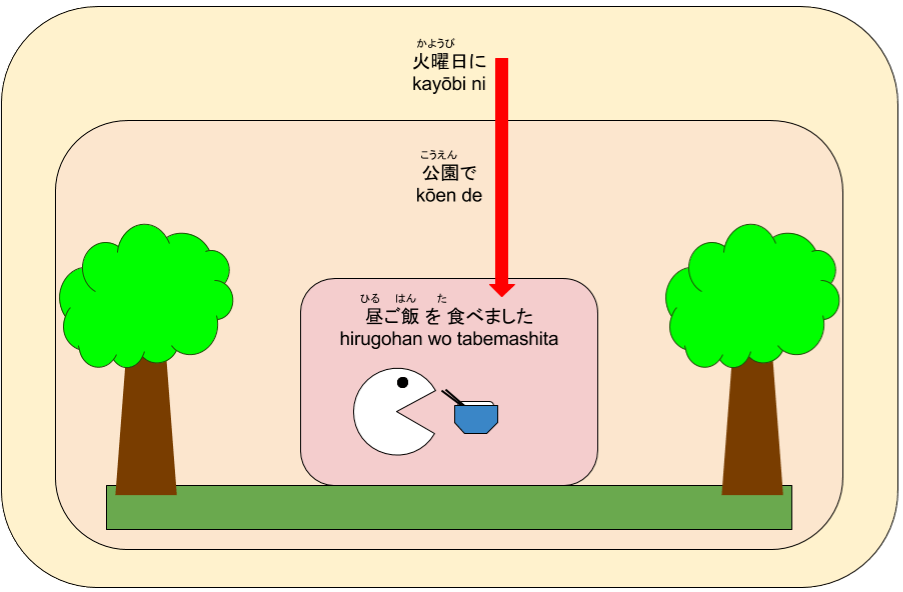掲示板 Forums - Understanding sentences
Top > 日本語を勉強しましょう / Let's study Japanese! > Anything About Japanese Getting the posts
Top > 日本語を勉強しましょう / Let's study Japanese! > Anything About Japanese
Lately I've realized that I struggle understanding a lot of Japanese sentences/phrases even when I know all the words and grammar, no matter if it's a short or a long sentence. Does anyone have tips or tricks or any methods to practice understanding better? I've watched a lot of videos on YouTube about sentence structure especially the ones by cure dolly but it wasn't enough.  Help
Help
This is pretty normal, but you'll push through it! The logic and structure of Japanese is very different from most other languages, so even if you have learned all the grammar rules you need, it can still take time to acclimatize your brain to applying them in-context. I think you're already doing the right thing, seeking out multiple resources that will explain sentence structure from different angles to give you a fuller comprehension, but in the end what will make the most difference is just practice decyphering more sentences.
Within Renshuu, there are lots of tools to pick apart sentences that can also help. I do recommend depending on the translations as much as you feel you need to, so you can start with the meaning and work backwards to understand how the Japanese fits. In Renshuu sentences there are also pop-ups for all of the words and grammar involved, so if there's a certain part that's tripping you up, you can get more information about those elements. There is a relatively new feature, too: if you click on the speech-bubble button next to a sentence, you can ask questions about it to the community (or you're welcome to ask for help deconstructing sentences right here in the forum!).
For sentences outside of studying, try cutting up the sentence into smaller blocks of meaning, then see how much of the sentence you can remove to get the broadest meaning you can understand out of it (usually just the verb at the end). Then one-by-one re-add the elements you removed to make the meaning more specific, until you've worked out the whole thing. For a very simple example:
フォークでケーキを食べる → (フォークで)(ケーキを)(たべる)
(食べる) → (eat / will eat)
(ケーキを)食べる → will eat (cake)
(フォークで)ケーキを食べる → will eat cake (with a fork)
フォークでケーキを食べる → I will eat cake with a fork.
You put フォーク followed by で in the beginning of the sentence becauae it is a supplementary material am i right?
You put フォーク followed by で in the beginning of the sentence becauae it is a supplementary material am i right?
Generally, elements that are closer to the final verb are more important to the overall meaning of the sentence, but that's several steps in nuance ahead of just comprehending sentences to begin with, and I wasn't really writing the example with that in mind. (フォークで) and (ケーキを) could be reversed and the core meaning of the sentence wouldn't change.
But when dividing a sentence into blocks to take apart like this, you should keep particles attached to what comes before them and treat them as one unit of meaning. This way, when you remove them or put them back in, the rest of the sentence remains grammatical; both フォークで食べる and just 食べる can be complete sentences, but if you split it too far and separate (フォーク)(で), you can't remove or re-insert just one element and still have a meaningful sentence (フォーク食べる or で食べる don't make sense on their own).
These graphics helped me understand, maybe they can help others too. Unfortunately, I cannot remember what website I got them from (I'd like to give them credit and point others to it) but maybe the images can be reverse searched somehow (I don't know how to do that) to find the website.




Hope this helps!
EDIT: The graphics are from here: https://8020japanese.com/japan...
Ok, I found it! Lots of other great resources on this site too.
https://8020japanese.com/japanese-word-order/
Thank you so so much @gillianfaith and @ライトウ ≥^..^≤ !! People here are so kind and helpful hehe
Anyways, I think I will write down and split the sentences I don't understand so I can "analyze" them for a better understanding. If I do it often, I think I will get the hang of it soon. Practice makes perfect Maybe I can find a teacher online who can practice it with me. If I can erase this struggle things will get much easier since this is actually my biggest problem. Whenever I watch YUYUs podcast I am like: " I don't understand anything but I know all the words...
Maybe I can find a teacher online who can practice it with me. If I can erase this struggle things will get much easier since this is actually my biggest problem. Whenever I watch YUYUs podcast I am like: " I don't understand anything but I know all the words... " and after I translate it with a translator I'm like: "Oooh that makes sense
" and after I translate it with a translator I'm like: "Oooh that makes sense " xD
" xD